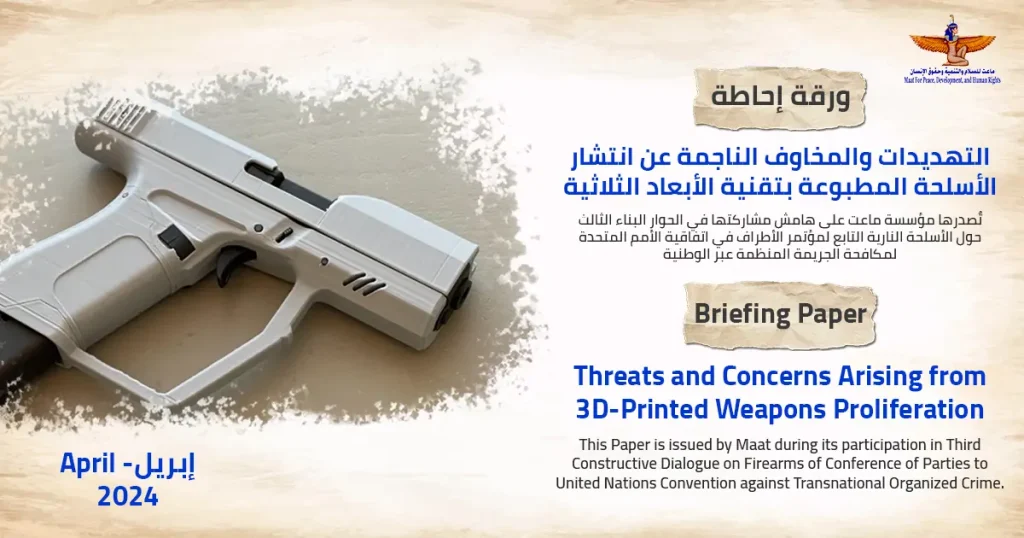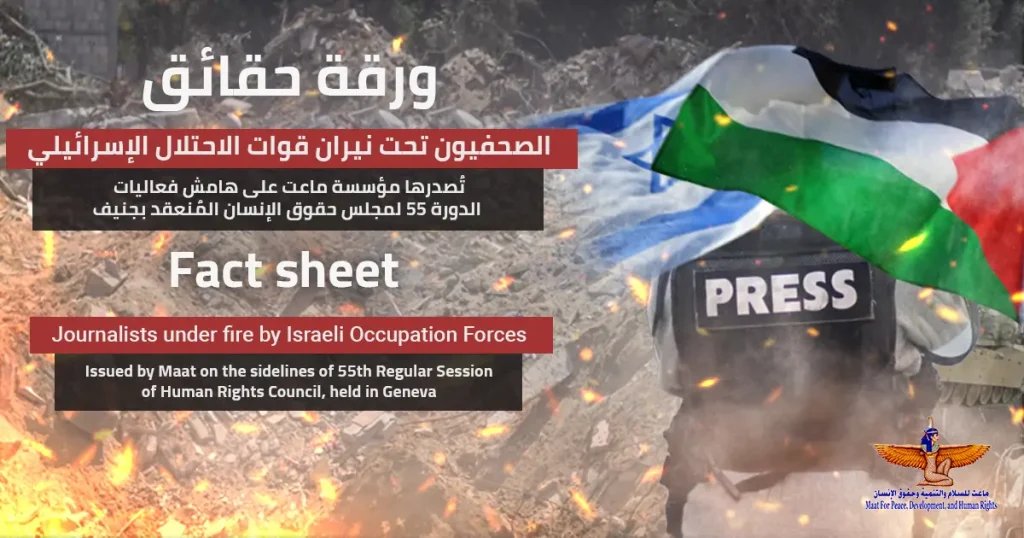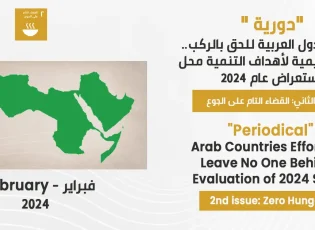Electronic media is a new force to support the integrity of the general elections
Popular oversight is a pivotal development in the process of monitoring the general elections that moves monitoring activities from the level of white-collar owners to the level of the ordinary citizen. With these words, Professor Saeed Abdel-Hafez summarized the importance of the program to support popular oversight of general elections implemented by the Maat Foundation for Peace, Development and Human Rights, during a workshop Work held by the institution On Sunday, March 21, 2010 under the title “Electronic Media and Popular Oversight of the General Elections”.
Mr. Saeed Abdel Hafed, Chairman of the Board of Trustees of the Dialogue Forum for Development and Human Rights and a well-known human rights activist, participated in the workshop by delivering working papers, managing the sessions and commenting, Mr. Magdy Helmy, advisor to the editor-in-chief of Al-Wafd newspaper and a member of the Elections Network in the Arab World, and Professor Ayman Farouk, the journalist in Al-Ahram and the director Executive Director of Her Majesty's Foundation, as well as a number of human rights activists in the field of monitoring the general elections, representatives of civil society organizations, electronic media activists, academics and researchers in the field of new media.
The workshop began with the speech of the Maat Foundation, delivered by the Foundation’s Executive Director on behalf of Professor Ayman Aqeel, Chairman of the Board of Trustees, during which the participants were welcomed and an explanation of the program to support popular oversight of the general elections, which aims to Building effective community mechanisms to support the integrity of the general elections and mobilizing the energies of the active popular forces to participate in monitoring the quality of the general elections and the inclusion of all influential groups such as civil organizations, electronic media, popular and local leaderships, in the processes of monitoring the quality of the general elections, and it is implemented over a period of 30 months in 30 electoral districts. In various governorates of the republic.
Then came the speech of Professor Magdy Helmy, who moderated the workshop sessions and followed the working papers. Helmy referred to the importance of electronic media as a development of traditional media and addressed its importance in monitoring elections and supporting their integrity, as it overcomes many traditional obstacles facing other media, as well as He spoke about popular monitoring of elections as a way to bypass obstacles to other forms of monitoring, such as international monitoring, which requires the existence of three conditions, the first of which is the state’s request, the second is the submission of the request in advance of sufficient time, not less than a full year, and the third is societal consensus to ensure the security of observers.
The first working papers of the conference, which were presented by Maat Foundation, came under the title “Popular Oversight on General Elections and the Uses of Electronic Media” and dealt with the importance of popular censorship, its concept and its components. It also dealt with electronic media as one of the active popular oversight parties, as well as some examples of using electronic media in the electoral process, whether for publicity and mobilization Or to uncover violations.
After that came the working paper submitted by Professor Saeed Abdel Hafez, Chairman of the Board of Trustees of the Dialogue Forum for Development and Human Rights, which came under the title “Popular oversight of elections through new media can play an influential role in the absence of full judicial oversight of the electoral process, even if the experiences of using Information technology in electoral monitoring is still characterized by extreme shyness and modesty, and Abdel-Hafez stressed the importance of systematically, independently and impartially evaluating past experiences, so that the uses of the communication revolution can be expanded in support of the integrity of election monitoring.
In his speech, Abdel-Hafez pointed out that popular censorship with its various components, including censorship through electronic media, is absolutely not a substitute for international monitoring of general elections, for each of them has its own mechanisms, tools and importance, and they must work within a parallel system, and he stressed at the end of his speech the need to train and qualify cadres The different mankind has the ability to cover the facts of the electoral process, monitor and document violations, and quickly report them in a way that ensures that fraud is besieged.
After that, the working paper presented by Professor Ayman Farouk, Executive Director of Her Majesty's Foundation and the Journalist in Al-Ahram, titled “Electronic Media, Problems, Reality and Future Scenarios” was presented, during which he explained that the electronic media enjoys a growing share in the media market as a result of its ease of access, speed of production, development and modernization. It also enjoys a greater area of intellectual freedom, and also addressed the historical development of the uses of electronic media and the current reality of this use, stressing that the electronic media is informing the future and the most important thing that distinguishes it is the interaction between the reader and the writer, but that the citizen himself has become the writer and publisher.
Farouk elaborated on the benefits and advantages of using electronic media in monitoring and documenting violations of the electoral process, explaining that these features motivate us to work through bloggers and internet activists in various developmental and human rights fields, including monitoring elections and supporting their integrity, and Farouk revealed that the rapid development in monitoring technology Documentation allows this easily and at a very low cost compared to traditional forms of monitoring, documentation and control of the electoral process.
The interventions and contributions of the participants in the workshop focused on several important points, including the lack of ability to control the media messages directed through the electronic media and the presence of a high possibility of being influenced and disrupted by the agencies interested in this, as well as the problem of lack of awareness and knowledge in the electoral field and standards of integrity in the electoral process. Among bloggers and Internet activists, the participants also addressed the problem of the absence of a legislative framework regulating the use of the Internet, which opens the door to violations of the freedom of bloggers and electronic media activists and limits their access to their right to freedom of expression and thus efficiently employ them in monitoring the electoral process.
The workshop, which concluded its work on the same day, demanded the necessity of coordination and networking between civil society organizations and each other in order to reach oversight to cover all constituencies and electoral commissions, as well as an evaluation of past experiences of using modern means of communication in monitoring the electoral process and drawing lessons learned and building on them and avoiding the mistakes that happened. The participants also demanded that Egyptian civil society organizations expand the scope of their training and awareness programs to include those working in the field of electronic journalism, bloggers and internet activists.
To view the working papers, visit the following links:
Maat Foundation working paper
https://maatpeace.org/ar/?p=32054
Professor / Ayman Farouk working paper
https://maatpeace.org/ar/?p=32049
Professor / Saeed Abdel-Hafez working paper
https://maatpeace.org/ar/?p=32060




















